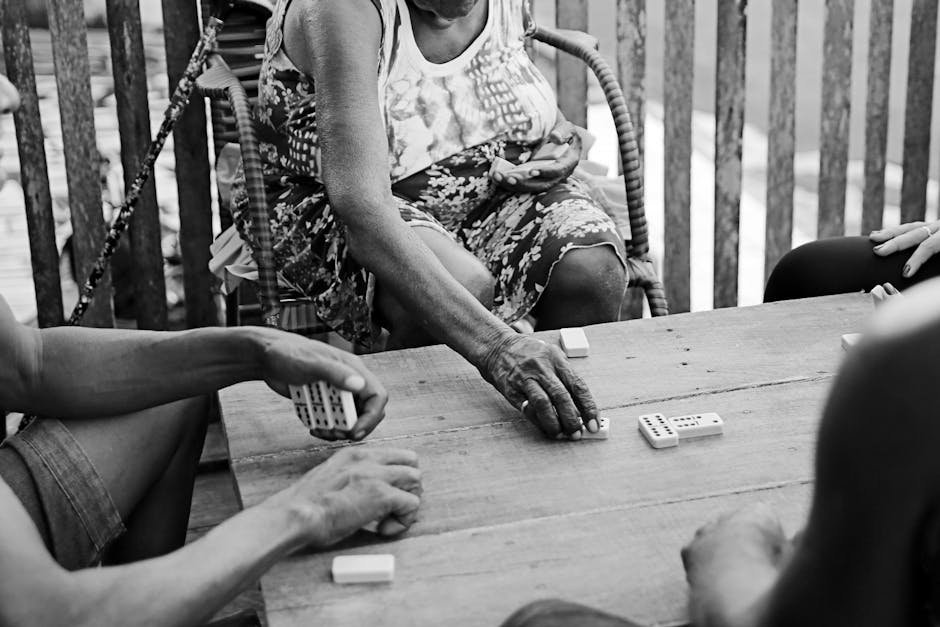-
Índice Liberdade e Vida Clínica de Recuperação
Exploring Autonomy: The Approach of Liberdade e Vida Recovery Clinic for Treatment-Resistant Chemical Dependency Patients
Valorizando a autonomia é um princípio fundamental na abordagem da Clínica de Recuperação Liberdade e Vida para pacientes resistentes ao tratamento de dependência química. A clínica acredita que cada indivíduo tem o direito de tomar decisões informadas sobre seu próprio tratamento, e que essa autonomia pode ser um fator crucial para o sucesso da recuperação.
A dependência química é uma doença complexa que afeta tanto o corpo quanto a mente. Muitas vezes, os pacientes que são resistentes ao tratamento sentem-se desamparados e desesperados, acreditando que não têm controle sobre sua própria situação. No entanto, a Clínica de Recuperação Liberdade e Vida busca mudar essa percepção, incentivando os pacientes a assumirem um papel ativo em seu próprio processo de recuperação.
A abordagem da clínica começa com a educação. Os pacientes são informados sobre a natureza de sua doença, os diferentes tipos de tratamento disponíveis e os possíveis resultados. Isso permite que eles façam escolhas informadas sobre o caminho que desejam seguir. Além disso, a clínica enfatiza a importância da autodeterminação, incentivando os pacientes a estabelecerem seus próprios objetivos de recuperação e a trabalharem ativamente para alcançá-los.
A Clínica de Recuperação Liberdade e Vida também reconhece que a autonomia não significa isolamento. A recuperação da dependência química é um processo que requer apoio, e a clínica se esforça para fornecer esse
Valorizing Autonomy: How Liberdade e Vida Recovery Clinic Tackles Chemical Dependency in Resistant Patients
Valorizing autonomy is a fundamental principle in the approach of the Liberdade e Vida Recovery Clinic when dealing with patients resistant to chemical dependency treatment. This approach is based on the understanding that each individual has unique needs and circumstances, and therefore, a one-size-fits-all treatment plan is not only ineffective but also detrimental to the recovery process.
The clinic’s approach is rooted in the belief that patients should be active participants in their recovery journey. This is achieved by fostering an environment where patients feel empowered to make decisions about their treatment. The clinic’s team of professionals works closely with each patient, providing them with the necessary information and support to make informed decisions about their treatment plan. This approach not only respects the autonomy of the patient but also fosters a sense of ownership and responsibility towards their recovery.
The clinic’s approach also recognizes the importance of a holistic approach to recovery. This means that the clinic does not only focus on the physical aspects of addiction but also addresses the psychological, social, and emotional aspects. This holistic approach is crucial in dealing with resistant patients as it allows for a more comprehensive understanding of the patient’s situation, thereby enabling the development of a more personalized and effective treatment plan.
Moreover, the clinic’s approach emphasizes the importance of a supportive and non-judgmental environment. This is particularly important for resistant patients who may have had negative experiences with previous treatment attempts. The clinic’s team strives to create an atmosphere of acceptance and understanding, where patients feel safe to express their fears, concerns, and hopes. This supportive environment is instrumental in building trust between the patient and the treatment team, which is a crucial factor in the success of the treatment.
The clinic’s approach also includes the use of evidence-based treatment methods. These methods have been proven to be effective in treating chemical dependency and are tailored to the specific needs of each patient. The use of these methods not only ensures the








